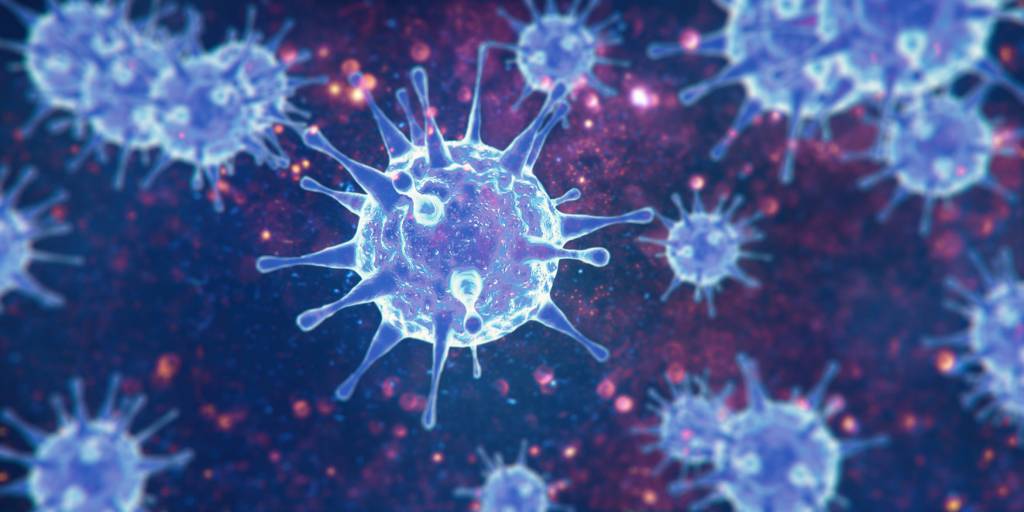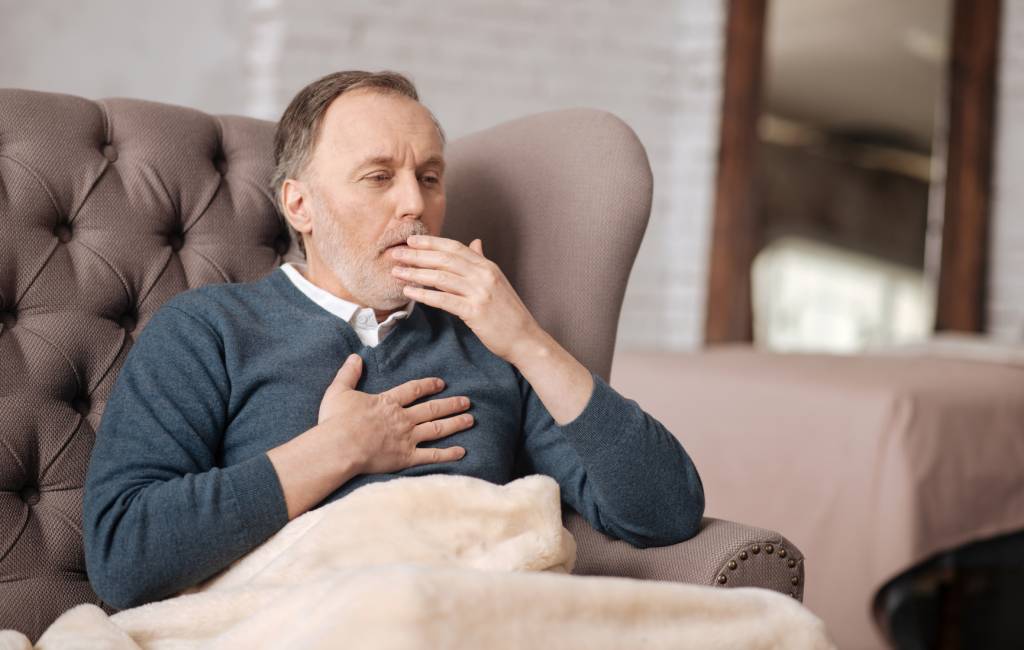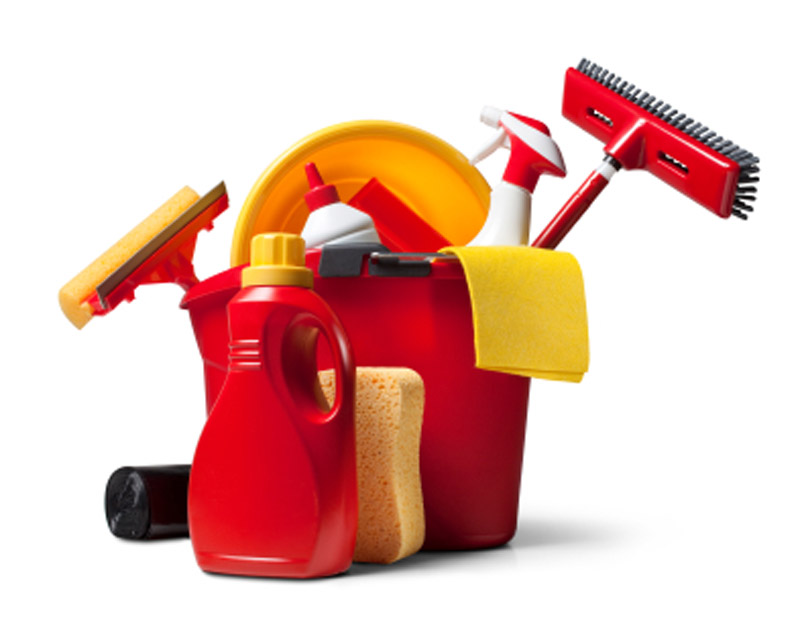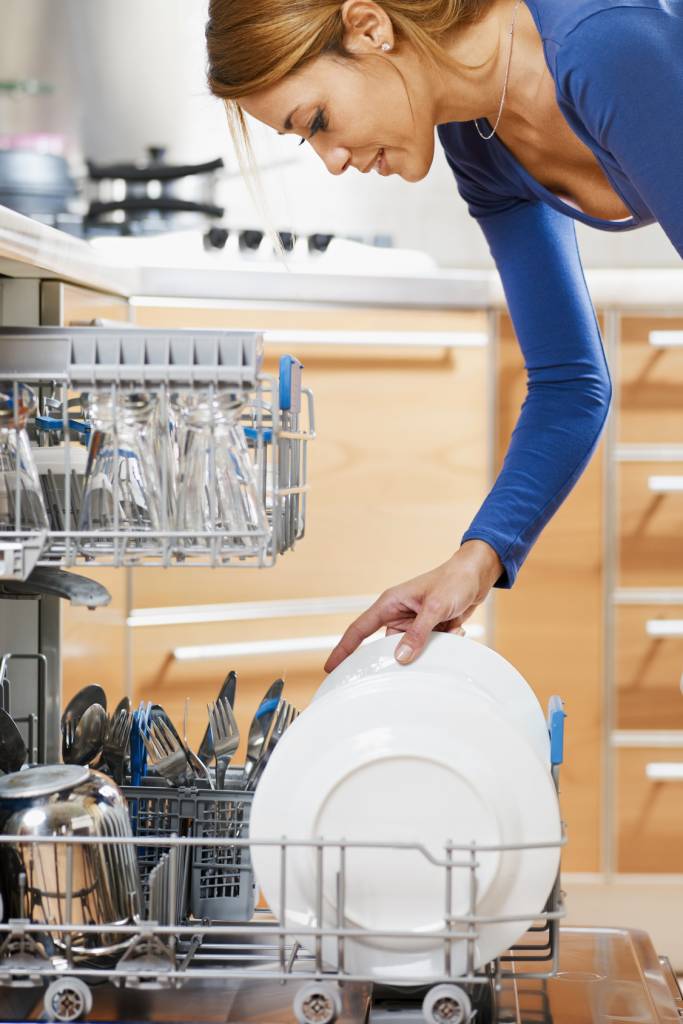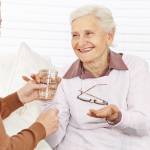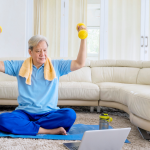Germs are everywhere, teeming in the great outdoors and, when given the chance, multiplying indoors. While some germs are harmless, others can cause infections, ranging from mild to severe. Consequently, it is important that caregivers disinfect and clean a senior care recipient’s living space regularly.
What are germs?
Germs are living, growing organisms that are alternately known as microorganisms. These germs may be found in the air, in soil, in water and inside human bodies. Some types of microorganisms can cause sickness in people; they can also be beneficial to human health under the right conditions.
Bacteria can cause illnesses, like strep throat or infections. At the same time, bacteria are beneficial to the human digestive tract. Fungi is another germ that grows on plants and animals. Fungi thrives in damp, dark environments and has the potential to be harmful.
Viruses, like coronaviruses, are a threat. These microorganisms require a host cell to survive. People can become infected with viruses simply by touching contaminated surfaces. Viruses remain infectious on various surfaces for differing lengths of time—especially when the surfaces are not disinfected.
Why are seniors vulnerable?
Fungi, for example, does not pose a threat to people with healthy immune systems. But for seniors who have weakened immune systems, exposure to fungi can be extremely dangerous. Viruses, too, are constantly looking for host cells, making them harmful to human health.
As people age, it is natural for their immune systems to deteriorate. The immune system is responsible for making antibodies that destroy viruses, bacteria and fungi. Older people’s immune systems respond more slowly to harmful substances, which increases their risk of developing illnesses.
Since seniors’ bodies have fewer immune cells to heal quickly, it becomes critical that a home environment remains free of dangerous microorganisms. Cleaning and disinfecting the living space are crucial to preventing infection and maintaining the health of the elderly.
How do germs travel?
Germs do not travel on their own—they require people or the environment to move. Airborne transmission can occur when people cough, sneeze or talk into the air. Measles and TB are transmitted this way. Physical contact also moves viruses, like SARS-CoV-2.
Close-range contact (within six feet) with an infected person can also transmit infections, including the COVID-19 disease. Respiratory droplets can land on a person’s eyes, mouth or nose, thereby infecting the unwitting individual. Close-range inhalation of virus particles also transmits disease.
What is the difference between cleaning and disinfecting?
Cleaning and disinfecting have two have different purposes. Cleaning eliminates dirt and grime but fails to kill germs. Disinfecting does not reduce dirt but is effective in killing infection-causing germs. Both cleaning and disinfecting are necessary to maintain a sanitary and safe environment for the elderly.
The first step in cleaning a care recipient’s home is to clean surfaces with soap and water. Routine cleaning of high touch surfaces is warranted. Doorknobs, sinks, phones, light switches, countertops and bathroom fixtures are frequently used items that demand thorough cleaning.
After the environment has been cleaned, caregivers should use a household disinfectant to complete the process. EPA-registered disinfectants are recommended. Many products require a specific contact time (keeping the surface wet) in order to be effective. Follow the product’s instructions for safe use.
Bathrooms and Kitchen Cleaning Tips
The bathroom and kitchen are frequently used areas of the home and require thorough cleaning and disinfecting. A clean mop should be used in a weekly mopping of the floors. Clean the inside of the refrigerator each month and immediately after noticing spoiled food.
Sponges and mops used for cleaning will harbor a plethora of germs and mold, making disinfection of these cleaning tools necessary. For five minutes every week, separately soak the sponges and mops in diluted household bleach. Also, do not use the same cloth for cleaning the bathroom and kitchen.
Avoid throwing dirty mop water down the kitchen sink. Rather, a safer practice is to discard the dirty mop water in the bathtub drain or toilet. Along the same lines, do not clear urinals, sponges, rags and bedpans in the kitchen sink.
Medical Equipment Cleaning Tips
Healthcare workers can spread germs by touching contaminated medical equipment. Without subsequently washing their hands, the healthcare workers can transmit the germs to susceptible individuals. Cleaning and disinfecting the equipment, however, will kill the germs before they have the chance to infect.
Various medical equipment typically comes with cleaning instructions. Follow the directions to clean the equipment, such as humidifiers and dehumidifiers. Unclean humidifiers can spread bacteria into the air. Breathing contaminated air can lead to asthma attacks and even respiratory infections.
A solution of white vinegar and water is sufficient to clean the interior components of a humidifier. Soak smaller components in the solution for 30 minutes to breakdown bacterial buildup. Use a soft brush to remove remaining residue. Upon rinsing with water, allow the unit to thoroughly dry.
Miscellaneous Cleaning Tips
Caregivers should throw away all used tissues into a wastebasket and empty the trash cans often. Wash seniors’ bedding frequently, but even more so when they are sick. Towels, washcloths and undergarments should not be shared. Always wear disposable gloves when cleaning.
Assisting Hands Caregivers
A part of the home care responsibilities for every caregiver from Assisting Hands is light housekeeping. Our caregivers change linens frequently, vacuum carpets, wash dishes and dust our care recipient’s home environment to reduce the presence of harmful germs.
We also include a range of comprehensive, non-medical home care services, from transportation to meal preparation and assistance with personal care tasks. Our caregivers shop for groceries for your loved one, while keeping him company with our pleasant companionship services.
Families with seniors living in Park Ridge, Illinois, have full trust in the elderly care services provided by Assisting Hands. Our caregivers ensure your loved one remains cared for in a clean home environment and stays protected from harmful microorganisms.
Contact Us
Give us a call at (847) 796-6685 for a free in-home consultation.

